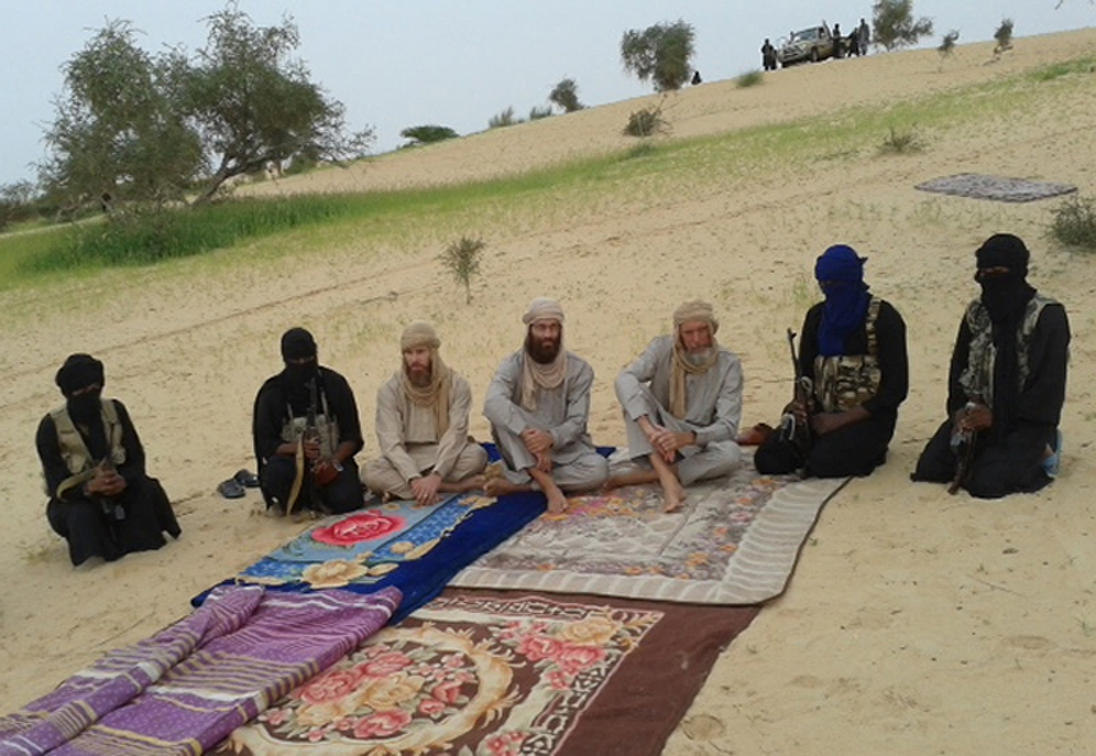Sudan’s Rapid Support Forces militia (RSF) has denied involvement in the recent conflict in West Darfur, instead pointing the finger at the Sudanese military.
In a statement released on Wednesday, the RSF stated that it was committed to the “principle of neutrality” in regards to the crisis in West Darfur. The governor of West Darfur state, Khamis Abbakar, has called for international intervention to stop what he describes as “genocide.” Abbakar claims that civilians are being killed randomly and in large numbers. The RSF and allied militias initially targeted areas of El Geneina where members of the Masalit tribe live, but these attacks have now spread throughout the entire city. According to Abbakar, the army has not left its base to defend the people.
The Darfur region of Sudan has experienced periods of conflict since the early 2000s, leading to the displacement of millions of people and the deaths of 300,000 due to attacks from Arab militias known as the Janjaweed. The RSF evolved from these groups and became a legalized governmental force in 2017.
UN Secretary-General Antonio Guterres has renewed his call for the Sudanese Armed Forces (SAF) and RSF to stop fighting and commit to a permanent cessation of hostilities, reminding all parties of their duty to protect civilians.
According to a statement issued by UN Spokesperson Stephane Dujarric, the Secretary-General is deeply concerned about the situation in Darfur, as well as reports of widespread violence and casualties throughout the region as a result of the conflict between the SAF and the RSF.
Guterres reiterated the UN’s commitment to supporting the Sudanese people, with nearly 9 million people now in dire need of humanitarian assistance and protection in Darfur. He stressed the need to end looting and expand access to aid for those who need it the most.
Guterres also paid tribute to humanitarian workers, “especially our local partners, who risk their lives to provide assistance.”
Since the outbreak of the conflict with the armed forces in the capital Khartoum in mid-April, the RSF has emphasized that it has been keen to spare other areas of the country from this war, especially the most fragile areas like the Darfur region, which has suffered for decades from war, marginalization, and destruction, leading to deep divisions in its social fabric.
The RSF has pointed out that these efforts have failed, accusing the armed forces, which it describes as “remnants of the former regime,” of working to exacerbate the situation and thrust the various components of the region into confrontations of a tribal nature, allegedly to turn the war from a political one between the FRS and the army into a tribal war.
The RSF has also called for the formation of an urgent committee to address the humanitarian situation and a fact-finding committee to uncover those involved in violations.
These accusations come after UN Secretary-General Antonio Guterres expressed concern on Wednesday over the situation in Sudan’s western Darfur region and the violence, which he says is taking on an “increasingly ethnic dimension.”
These accusations also come amid escalating warnings from local organizations, especially from the Sudan Doctors Syndicate, about the tragic situation in the region, which has been the trigger of the bloody conflict for two months.
Since the start of the conflict between the two military forces in mid-April, fears of an explosive situation in Darfur have mounted, especially as the region has witnessed intermittent tribal clashes over the past years.


